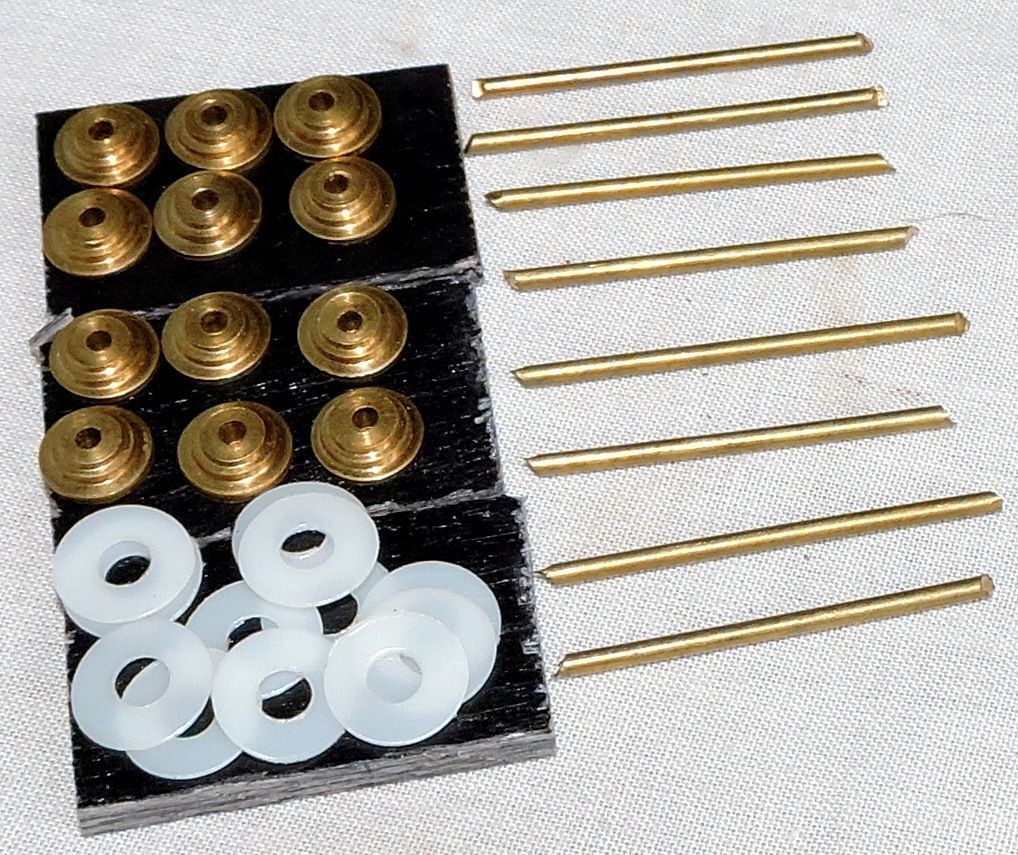Chan Eil Whiskers
Fumbling about.
This is the outcome of two half days of scale making for new shorty blade.


Other than that it was a project which was coming along reasonably well. Slowly, but coming along.
I don't know that I did anything wrong, but I'll think about it.
It is not the end of the world. It doesn't even ruin my day. Still, you can imagine that I'm not a happy camper concerning this event.
The scales themselves were fine until suddenly they weren't.
Happy shaves,
Jim
Other than that it was a project which was coming along reasonably well. Slowly, but coming along.
I don't know that I did anything wrong, but I'll think about it.
It is not the end of the world. It doesn't even ruin my day. Still, you can imagine that I'm not a happy camper concerning this event.
The scales themselves were fine until suddenly they weren't.
Happy shaves,
Jim



